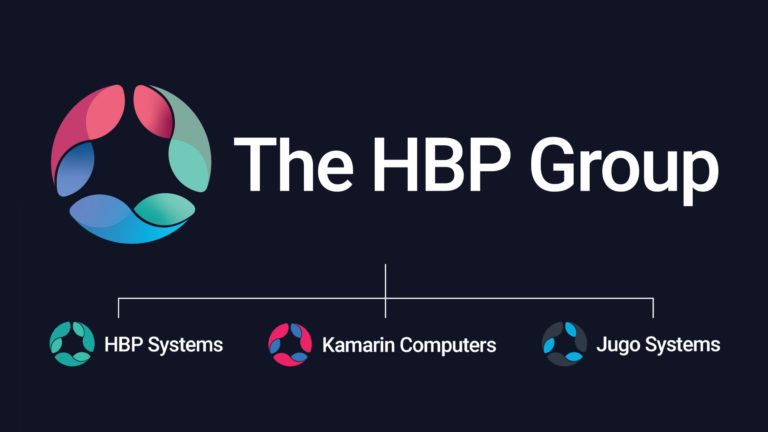Your business network is slow. You’ve tried the quick fixes. But there still seems to be an issue. What could be making your business IT so slow?
Today, a fast and reliable IT netork is about as integral to the success of a business as anything else. Most businesses are transitioning to a way of working that relies more heavily on IT than before, if they haven’t already.
As such it’s vital that this runs smoothly. Below we’ve got three things that will have a big impact on your IT network’s speed. But first, a point about servers.
Your server is probably not the problem with your IT network
Historically if your network was running slow, it could be a sign that the server was struggling with the workload and would need replacing.
But with so much core software now in the cloud, these servers aren’t getting anywhere near the same hammering they used to get. Email, file storage and productivity software are all likely to be cloud based, as a minimum, due to popular vendors like Microsoft moving to a SaaS model.
Assuming the applications you are using are up to date, the server is unlikely to be the issue unless it’s completely under-specced. In fact, if we change old servers, it’s usually not because of how they’re running (chances are they’re doing fine) but because that hardware is no longer supported by software providers and therefore poses a security risk.
So, servers are probably doing fine but we are asking more of our internet than ever before.
Improve your business’ internet connectivity
As such, a quick check that you have enough bandwidth to begin with wouldn’t be a bad idea. Any business above a couple of employees will struggle on 20mbps download speed. To function effectively, most small to medium sized businesses should be looking at speeds of between 100-200mbps. Here’s a handy resource to give you an idea of what your business might need.
But simply having this level of internet coming into your building may not be enough. Without a managed firewall, you could still face problems.
On its own, your internet is spread between everyone and how much bandwidth is available to any one user, will depend on other download intensive activity. If someone in your company decided to download a season of their favourite TV show, everyone else’s speed would quickly deteriorate.
A managed firewall prevents employees from doing things like this in the first place, but it also gives you the tools to allocate different amounts of internet to different tasks.
This is called QOS or Quality of Service. Key business services like VoIP are a priority in most businesses, so it would make sense to assign a chunk of your internet to this one process. Likewise remote users may get a specific amount to ensure they can always access the network.
Get Faster Wi-Fi
Wi-Fi is a popular way of accessing the internet due to its convenience. In our blog on speeding up IT we suggested using wired internet instead of Wi-Fi as a way of improving your speed. But this isn’t possible for everyone, so you need to make sure your Wi-Fi users are getting the best connection.
Wi-Fi doesn’t generally provide the same speeds that you would get from a cable, but it can be improved.
One option is increasing your Wi-Fi to Gigabit Wi-Fi. This is more expensive and possibly not necessary for a lot of businesses, but if it means never having to think about internet speed then it might be a good investment.
It’s also worth looking at access points. One reason a user’s IT might be slow is that there isn’t an access point or router near them. Ideally you should have these all around the premises especially where there is likely to be signal interference.
There are several materials that can block wireless signals. If your business has machinery or lots of rooms, it’s possible these are getting in the way and reducing the signal. Placing access points strategically to account for this, will no doubt improve your situation.
Walk around the office whilst doing a speed test to find out where the signal could be better.
Upgrade your switches and cabling
We know that cabling is good for connectivity but if they’re not up to the task they can create bottlenecks.
Part of the process involves the switches you’re using. To make sure you’re getting as much data as possible transferred from server to PC we’d recommend having gigabit switches.
The cabling you use is also important. If your business IT is slow, it might be because the cabling is just not up to scratch. The old standard cables are identified as Cat5, but these can’t handle gigabit connection. Cat5e which followed it would handle 1Gbps but it’s still not as reliable as the newer Cat6 cable.
This is made to handle 10Gbps so will be more than ample for any business’s requirements. It’s probably providing more than you need but a move to Cat6 is a way of futureproofing your business. It’s certainly preferable to Cat5e as this way you won’t need to change your cabling any time soon and the price difference isn’t significant.
The right cables paired with suitable switching will make sure you don’t get any bottlenecking and can always experience unhindered internet connectivity.
Speed up your IT and protect your business
Slow internet is not just a nuisance, it has the potential to negatively impact your business. As such it’s worth investing in a system which provides reliable internet speeds.
If you need advice on what your business needs to speed up your business IT network, please get in touch, we have offices around the country including Hull, Peterborough and Scunthorpe




